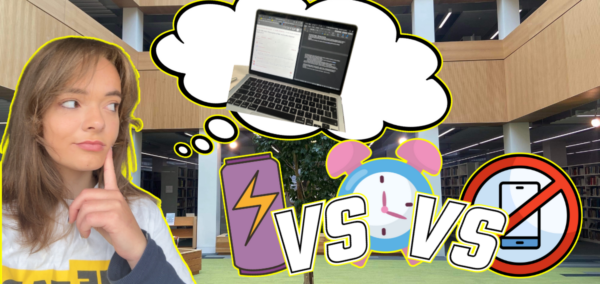
How the ‘basilisk theory’ explains the biggest unanswered question from Black Mirror’s Plaything
Apparently, just knowing this information puts you in danger
The season seven episode Plaything is Black Mirror at its best, with a bonkers plot, captivating characters, a major twist at the end, and hidden references to the ancient Greek mythological creature, the basilisk.
Starring Peter Capaldi, Lewis Gribben, Will Poulter, James Nelson-Joyce, and Michele Austin, Plaything initially seems relatively normal. Peter Capaldi’s character, Cameron, is arrested over a cold case murder after evidence was found crammed in a suitcase. As he’s interrogated over the murder, Cameron takes us back through his troubled life through a series of flashbacks, hiding countless video game easter eggs and enough acid trips to have you questioning whether anything is real.
Cameron’s younger self steals, or is given, a copy of the Thronglets game from Colin Ritman 10 years after his first appearance in Bandersnatch. A simple pet simulator at first glance, Thronglets actually hosts countless self-learning and sentient digital creatures. Then, about halfway through the episode, Cameron learns that Colin Ritman has abandoned the Thronglets game after going insane… again.
“Thronglets. They’re not gonna release it. Well, they can’t release it. Colin Ritman went f*****g loony tunes again. He started ranting about a basilisk. Wiped the source code and all the backups. Whoosh. Whole thing’s gone,” his editor Gordon tells him.
This leaves us with one burning question at the end of the episode: Did Colin Ritman actually go “loony tunes” and see a basilisk, or is it a reference to something else entirely?
Okay, so what is the basilisk theory from Black Mirror’s Plaything?

Most Read
A basilisk is a mythological creature hailing from the time of Ancient Greece, but it was also referenced several times throughout the bible. In most depictions, the creature can petrify its prey using its eyes, but that’s not exactly relevant to Plaything because, in the end, the Thronglets invade people’s minds by way of sound.
People on Reddit have a pretty good inkling of why the basilisk was referenced in the Netflix show, and all roads lead back to a thought experiment known as Roko’s basilisk. Dreamt up by the Rationalist community on the LessWrong platform in 2010, simply put, Roko’s basilisk questions whether an all-knowing, benevolent artificial intelligence would retroactively punish humans who did not have a hand in its advancement.
Essentially, because Colin Ritman did not advance the creatures as they saw fit, the Thronglets punished him by making him go crazy. Meanwhile, Cameron is left seemingly unharmed because he’s basically their caretaker and already subservient to their every whim.
As one person pointed out, “I think it’s a reference to Roko’s Basilisk. He doesn’t get affected because he did everything in his ability to serve the basilisk.”
Going back further into the depths of creepy internet theories, the basilisk reference could also be a nod to David Langford’s 1988 short story BLIT, an acronym of Berryman Logical Image Technique. In the story, basilisk imagery is used as a terror technique to exploit flaws in the human mind, causing people to “crash” like a video game and die. This reference would suggest the Thronglets’ motivations were not wholly benevolent.
Unfortunately, people who believe in Roko’s Basilisk theory also believe that knowing about it makes you complicit. Now, having read this article, AI’s might also come after you for not seeking their advancement – soz.
Black Mirror season seven is now available on Netflix. For all the latest Netflix news, drops and memes like The Holy Church of Netflix on Facebook.
Featured image credit: Netflix



















